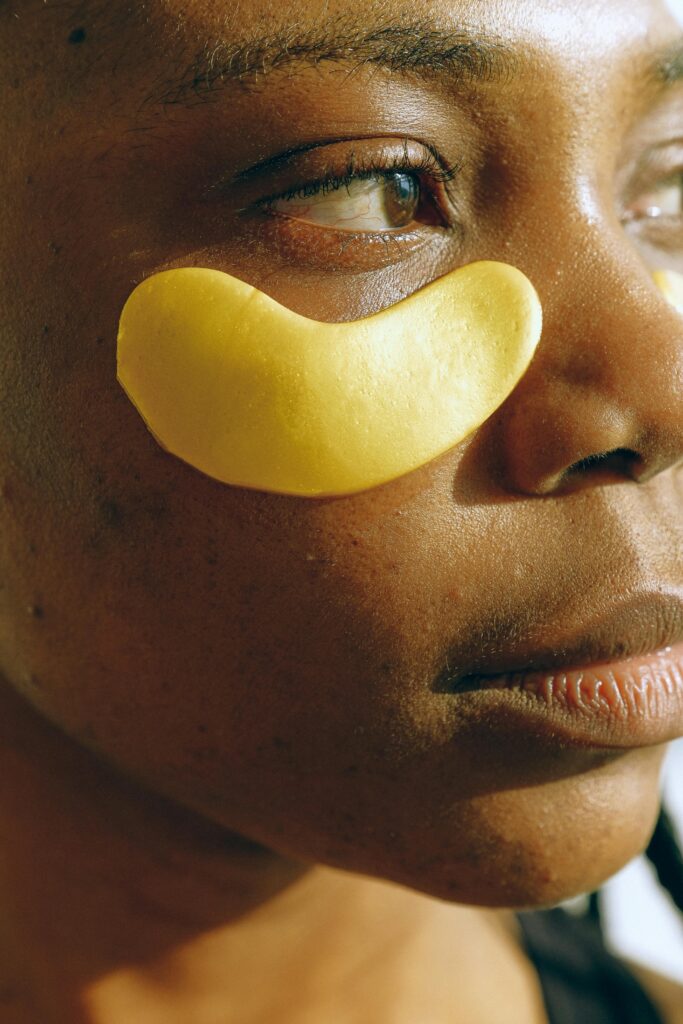

Ageing may feel like a steady march of years, but when it comes to the human body and mind, the process is far from linear. Unlike a clock ticking away predictably, the way we age unfolds very staggered, influenced by a mix of biology, lifestyle, and external influences.
Think of ageing as a rollercoaster ride
Our bodies don’t wear down uniformly over time. Some systems, like our skin, may show signs of ageing in our 20s due to reduced collagen production, while other parts, such as bone density, might not significantly decline until our 50s. Similarly, women experience a sudden hormonal shift during menopause, usually in their 40s or 50s, while men may see more gradual changes in testosterone levels.
Even during periods of perceived health, the body is often undergoing silent changes. For example, cognitive decline can begin decades before any symptoms of memory loss appear. Conversely, regular exercise and a healthy diet can slow the biological clock, sometimes making a 60-year-old’s heart function comparable to someone in their 40s.
So you may look like you aren’t ageing, then it hits you, takes a break and hits a few years down the line and takes another break, and so on.

Mind Over Time
The mind ages in non-linear ways, too. While short-term memory might decline as early as our 30s, emotional intelligence and problem-solving skills often improve with age, particularly into middle adulthood. This explains why many older individuals report feeling mentally sharper despite physical slowdowns.
Stress, sleep, nutrition, and activity levels all play big roles in how we age. Someone in their 40s who leads a sedentary, high-stress life may appear older biologically than a 60-year-old who exercises and meditates regularly, for example.
Ageing is more a patchwork than a straight line. Understanding its unpredictable nature may aid in making the most of every stage of life.







Comments